Mobile apps have become an essential part of our daily routine in this digital age, providing us with unparalleled convenience and functionality. However, as our dependence on mobile apps grows, it is critical to ensure their security. A single security breach can have catastrophic consequences for both users and app developers. That’s why mobile application penetration testing is vital in protecting your app from potential threats and vulnerabilities.
What is Mobile Application Penetration Testing?
Mobile Application Penetration Testing, also referred to as “mobile app pen testing” or “mobile app security testing,” is an exhaustive assessment process that entails actively probing and evaluating a mobile application for weaknesses and vulnerabilities. This assessment is carried out by ethical hackers, also known as penetration testers, who simulate real-world attacks to identify security flaws. This process is crucial because it helps developers to pinpoint potential problems before malicious hackers can exploit them. Mobile Application Penetration Testing is a proactive approach to enhancing the security of mobile applications by identifying and addressing potential security threats.
The Importance of Mobile App Penetration Testing
-
- Protecting User Data: Mobile apps often collect sensitive information from users. From personal details to financial data, the consequences of a data breach can be severe. Penetration testing helps ensure that all user data is adequately protected against unauthorized access.
-
- Safeguarding Your Reputation: A security breach can shatter the trust of your users and lead to a tarnished reputation for your app and business. By conducting regular penetration testing, you demonstrate your commitment to security and user privacy, enhancing your reputation in the market.
-
- Complying with Regulations: Depending on your app’s nature and target audience, there may be legal and industry-specific regulations that require you to maintain a certain level of security. Penetration testing helps you adhere to these compliance requirements.
Steps to Conduct Mobile App Penetration Testing
Planning and Scope Definition
Begin by defining the scope of the penetration test. Identify the target platforms (iOS, Android, etc.), specific app components, and the testing methodologies to be used.
Reconnaissance
Gather information about the app, such as its functionalities, technologies used, and potential entry points for attacks. This information helps testers strategize and focus their efforts effectively.
Threat Modeling
Create a detailed threat model based on the gathered information. This model should outline potential threats and vulnerabilities relevant to your app.
Vulnerability Scanning
Utilize automated tools to perform an initial vulnerability scan. These tools help identify common vulnerabilities like insecure data storage, weak encryption, or insufficient authentication mechanisms.
Manual Testing
While automated tools can find common issues, manual testing by skilled penetration testers is crucial to identify complex and unique vulnerabilities that automated tools may miss.
Exploitation
Ethical hackers simulate real-world attacks to exploit identified vulnerabilities. The goal is to assess the impact of these vulnerabilities and understand the extent of possible damage.
Analysis and Reporting
After the penetration testing phase, the team compiles a comprehensive report detailing the vulnerabilities found, their severity, and recommendations for remediation.
Remediation and Verification
App developers and security teams should collaborate to address the identified vulnerabilities and weaknesses. Once fixes are implemented, retesting should be conducted to verify their effectiveness.
Talk to our Cybersecurity Expert to discuss your specific needs and how we can help your business.
Why Do Companies Need Mobile Application Penetration Testing?
Companies need mobile application penetration testing for several compelling reasons:
- Protection of User Data: With the exponential growth in mobile app usage, apps often handle sensitive user information. Penetration testing ensures that this data is adequately protected against unauthorized access and potential data breaches.
- Compliance Requirements: Depending on the industry and location, companies may be obligated to comply with specific data protection and security regulations. Mobile app penetration testing helps meet these compliance requirements.
- Reputation Management: A security breach can severely damage a company’s reputation and lead to a loss of trust from users. Regular penetration testing demonstrates a commitment to security and user privacy, enhancing the company’s reputation in the market.
What Are the Different Types of Mobile Apps Organizations Use?
Mobile apps come in various types based on their purpose and target audience. Here are some common categories:
| Category | Description |
|---|---|
| Consumer Apps | Designed for general users and available on app stores. |
| Enterprise Apps | Developed for internal company use to improve productivity and efficiency. |
| Financial Apps | Banking and payment apps handling sensitive financial information. |
| Healthcare Apps | Provide medical services, track health data, or aid in patient communication. |
| IoT Apps | Connect and control smart devices and appliances for user convenience. |
Top 5 Mobile App Security Risks
Mobile App Security Risks
| Security Risk | Description |
|---|---|
| Insecure Data Storage | Apps may store sensitive data locally or on remote servers. Weak encryption or improper storage can lead to data leaks if attackers gain unauthorized access. |
| Lack of Secure Communication | Inadequate encryption and authentication mechanisms during data transmission can result in data interception and manipulation. |
| Weak Authentication and Authorization | Apps with weak authentication mechanisms can be susceptible to brute-force attacks, enabling unauthorized access. |
| Code Vulnerabilities | Poorly written code can introduce various security flaws like buffer overflows, SQL injection, and other code execution vulnerabilities. |
| Malicious Code and Third-Party Libraries | Integrating insecure third-party libraries or using untrusted sources can introduce backdoors or malware into the app. |
Best Practices for Mobile App Security
- Secure Coding: Follow secure coding practices to minimize common security issues, such as input validation errors, code injection, and inadequate data encryption.
- Regular Updates: Keep your app and its dependencies up to date to mitigate known vulnerabilities.
- Data Encryption: Encrypt sensitive data both in transit and at rest to protect it from unauthorized access.
- Authentication and Authorization: Implement robust authentication mechanisms and proper access controls to prevent unauthorized access to sensitive features and data.
- Secure APIs: If your app interacts with APIs, ensure they are secure and authenticated to prevent data breaches and misuse.
How Does Penetration Testing Help Secure a Mobile App?
Mobile application penetration testing offers several benefits for enhancing app security:
- Identifying Vulnerabilities: Penetration testing helps detect and assess vulnerabilities that automated scanning tools may miss, ensuring a more comprehensive security evaluation.
- Evaluating Real-World Threats: Ethical hackers simulate real-world attack scenarios, allowing developers to understand the potential impact of vulnerabilities in a controlled environment.
- Providing Remediation Guidance: Penetration testing reports provide actionable recommendations to address vulnerabilities effectively.
- Enhancing User Trust: By proactively addressing security risks, companies demonstrate their commitment to user safety, building trust and loyalty.
Parameters to Test While Performing Mobile Application Penetration Testing
| Parameter | Description |
|---|---|
| Authentication | Evaluating the strength of app login and authentication mechanisms. |
| Data Storage & Encryption | Assessing the handling of sensitive data, encryption techniques, and data storage security. |
| Session Management | Examining how the app manages user sessions and identifying session-related vulnerabilities. |
| Network Communication | Testing the security of data transmission between the app and servers. |
| Input Validation | Analyzing how the app handles user inputs and ensuring protection against code injection. |
Common Open-Source Mobile Application Penetration Testing Tools
- OWASP ZAP (Zed Attack Proxy): An actively maintained, feature-rich web application penetration testing tool, also suitable for mobile app testing.
- MobSF (Mobile Security Framework): An open-source mobile application security assessment tool that supports both Android and iOS platforms.
- Drozer (MWR InfoSecurity): An Android security testing framework that helps identify security vulnerabilities in Android apps.
- Frida: A dynamic instrumentation toolkit that allows you to inject your code into running iOS and Android apps.
- Needle: An open-source framework to assess security risks in iOS apps, combining static and dynamic analysis.
Qualysec – The Best Penetration Testing Service Provider
Qualysec is a prominent and leading mobile application penetration testing service provider. The company has quickly risen to prominence by delivering innovative cybersecurity solutions. With a commitment to protecting clients’ digital assets and a customer-centric approach, Qualysec has garnered a formidable reputation within the industry.
Key Cybersecurity Services and Solutions Provided:
Qualysec specializes in a wide range of cybersecurity services, with a primary focus on penetration testing. They conduct comprehensive assessments of clients’ networks, applications, and systems to identify vulnerabilities that could potentially be exploited by cybercriminals. Qualysec collaborates with the organization to establish a plan to address them and boost the company’s overall security posture. Qualysec’s penetration testing methodology combines manual analysis with advanced automated tools to ensure a thorough and accurate evaluation. Among the several services available are:
- Web App Pentesting
- Mobile App Pentesting
- API Pentesting
- Cloud Security Pentesting
- IoT Device Pentesting
- AI /ML Pen-testing
In addition to penetration testing, Qualysec offers incident response services, providing clients with rapid and effective strategies to handle cyber incidents. Their experienced team of professionals assists clients in containing and mitigating the impact of security breaches.
Notable Clients and Successful Case Studies:
Qualysec has a diverse clientele, including large enterprises and organizations from various industries. While confidentiality agreements prevent the disclosure of specific client names, their clients consistently praise the effectiveness and reliability of Qualysec’s services.
In a recent case study, Qualysec collaborated with a major e-commerce platform to assess its website’s security. Through penetration testing, they discovered critical vulnerabilities in the platform’s payment gateway, which could have led to financial losses and reputational damage if exploited. Thanks to Qualysec’s swift response and detailed remediation recommendations, the e-commerce platform promptly secured its payment infrastructure and strengthened overall security.
Strengths and Unique Selling Points
Qualysec’s strengths lie in its expertise and dedication to delivering high-quality cybersecurity services. Their team of certified professionals possesses in-depth knowledge of the latest attack techniques and security best practices. This expertise enables them to provide accurate and actionable insights during penetration tests.
One of Qualysec’s unique selling points is its commitment to continuous improvement and staying ahead of evolving cyber threats. They invest in research and development to ensure their clients receive the most effective and up-to-date cybersecurity solutions.
Furthermore, Qualysec distinguishes itself through exceptional customer service and clear communication with clients. They prioritize understanding each client’s specific needs and tailoring their services accordingly. This customer-centric approach fosters long-lasting relationships based on trust and confidence. Hence Qualysec stands among the top 20 penetration testing companies in Brazil. Here are its key features.
Key Features
- Over 3,000 tests to detect and root out all types of vulnerabilities.
- Capable of detecting business logic errors and gaps in security.
- Ensures zero false positives through manual pen testing.
- Compliance-specific scans for SOC2, HIPAA, ISO27001, and other relevant standards.
- Provides in-call remediation assistance from security experts
Latest Penetration Testing Report
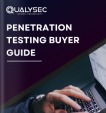
Conclusion
Mobile application penetration testing is an indispensable practice in the modern mobile app development landscape. By conducting regular security assessments, developers can identify and rectify vulnerabilities, safeguard user data, and uphold their app’s reputation. Embracing a proactive security approach through penetration testing empowers app creators to stay ahead of cyber threats and deliver a safer and more trustworthy user experience. Remember, securing your mobile app is not a one-time event; it is an ongoing process that should be integrated into your app development lifecycle.
When it comes to securing your mobile app, partnering with a trusted penetration testing service provider is crucial. Qualysec stands out as one of the best in the industry, offering comprehensive mobile app penetration testing services. Their team of skilled ethical hackers can thoroughly assess your app’s security, identify vulnerabilities, and provide actionable insights to mitigate potential risks. With Qualysec’s expertise, you can rest assured that your app is safeguarded against emerging threats and cyber-attacks.
When it comes to comprehensive cybersecurity audits, Qualysec is the organization to go with. Their cost of VAPT guide helps clients make informed decisions by understanding the various factors that affect the cost by clicking here.
FAQ
1. What is the timeline for mobile application penetration testing?
The timeline for mobile application penetration testing varies based on the app’s complexity and scope. Typically, it involves four stages: scoping and planning, reconnaissance, vulnerability assessment, and reporting. The duration can range from a few days to weeks, considering factors like app size, functionalities, and the thoroughness of the assessment.
2. How much does penetration testing cost?
The cost of penetration testing depends on factors like the size, complexity, and number of applications to be tested. Prices can range from hundreds to thousands of dollars per app. Prices may vary among providers, but remember, investing in quality testing helps identify vulnerabilities early and prevents potential costly breaches.
3. Why choose qualysec for Pen testing?
QualySec is an excellent choice for penetration testing due to their expertise and reputation in the industry. They have a team of skilled professionals with extensive experience in identifying vulnerabilities and providing effective remediation strategies. Their comprehensive testing approach ensures thorough assessments, enhancing the security posture of your applications and infrastructure.






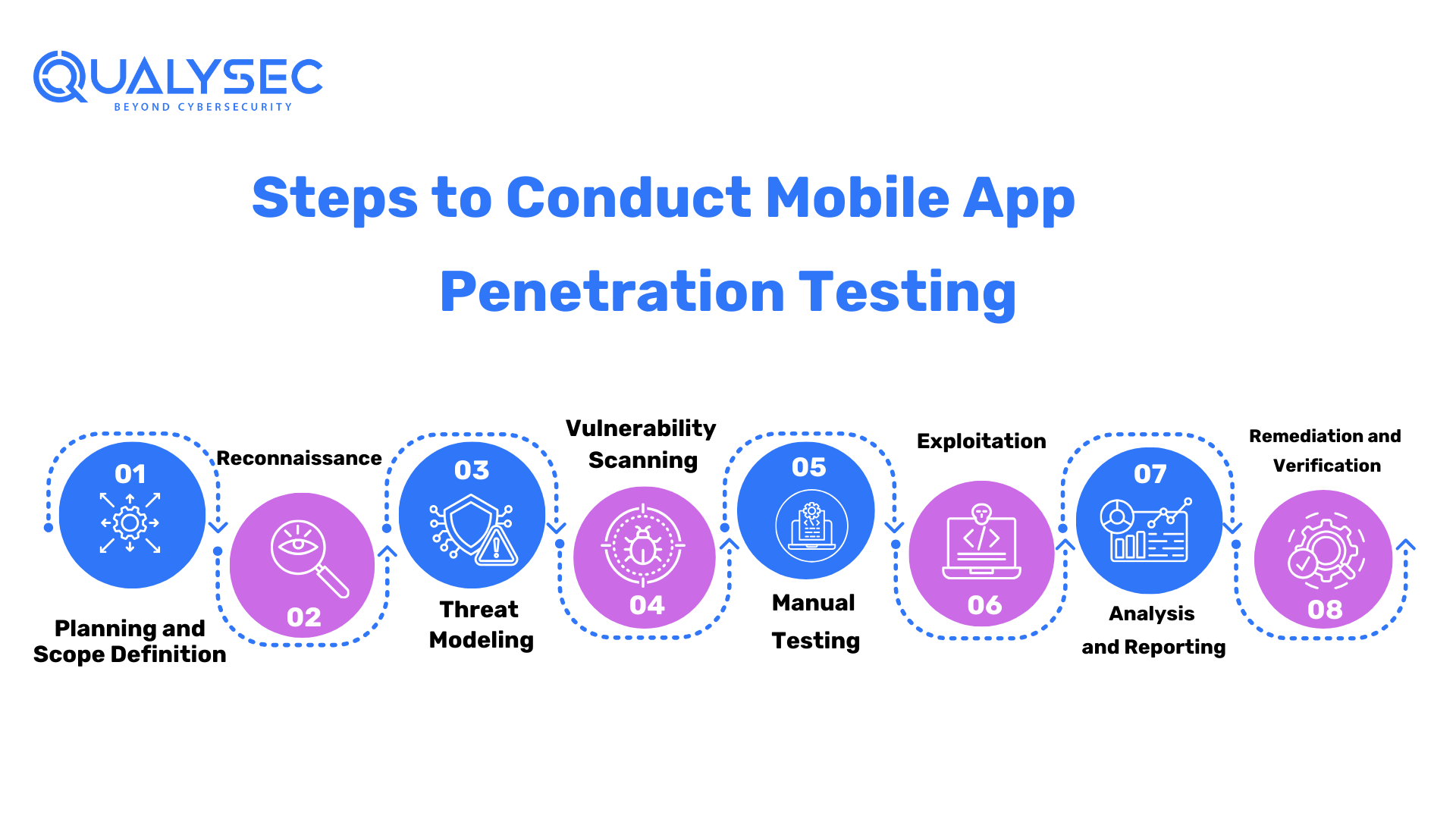





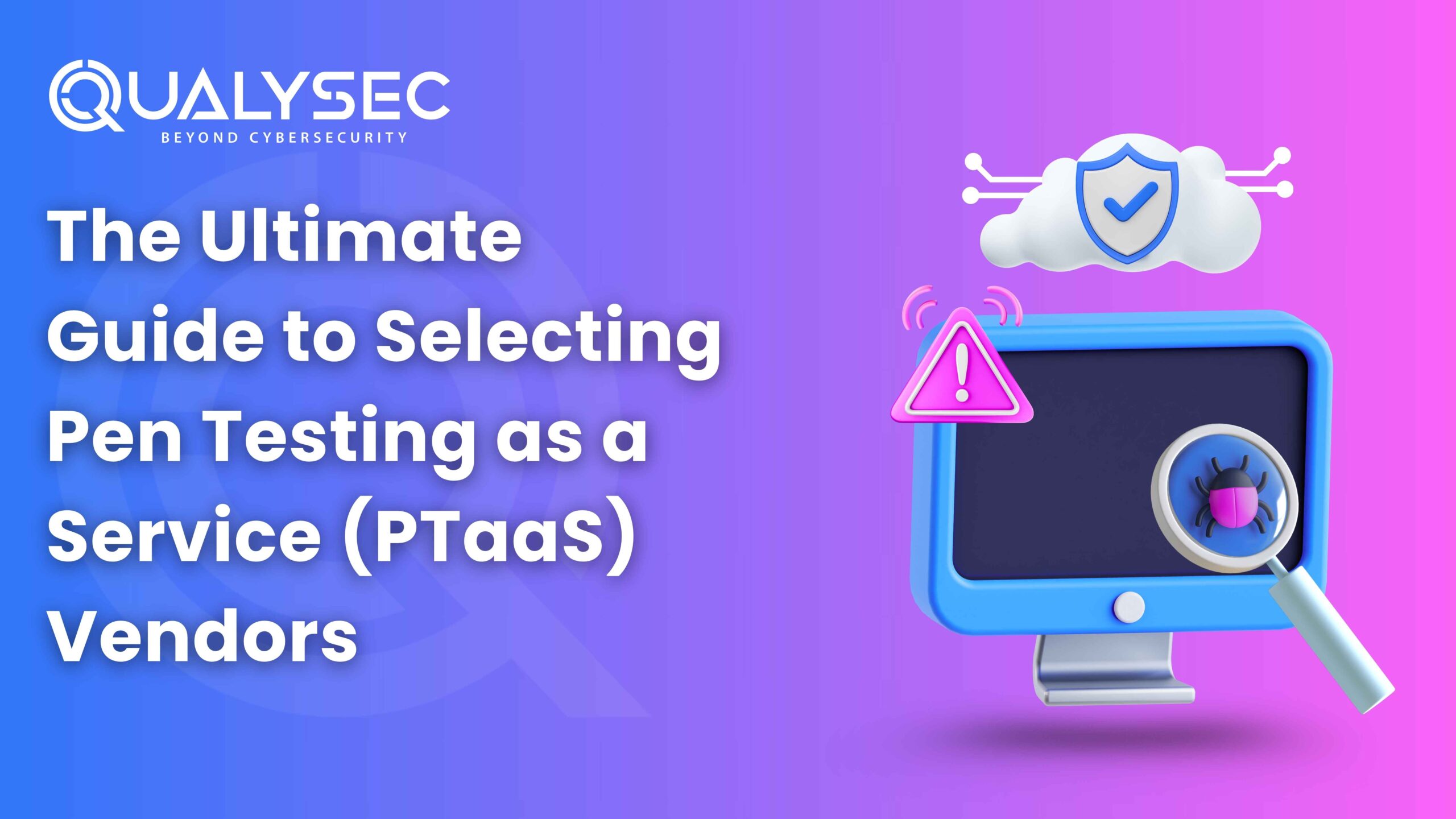

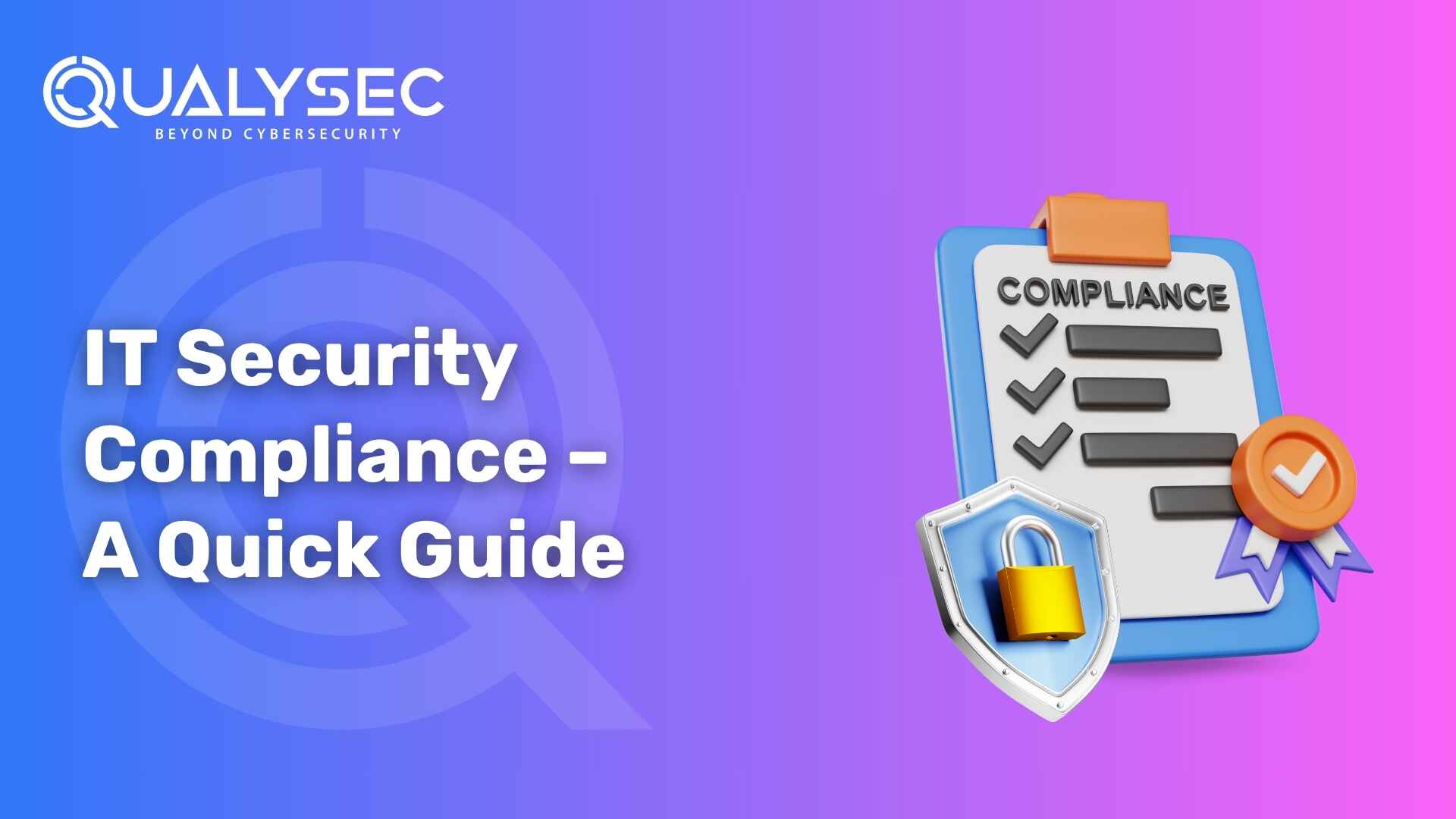
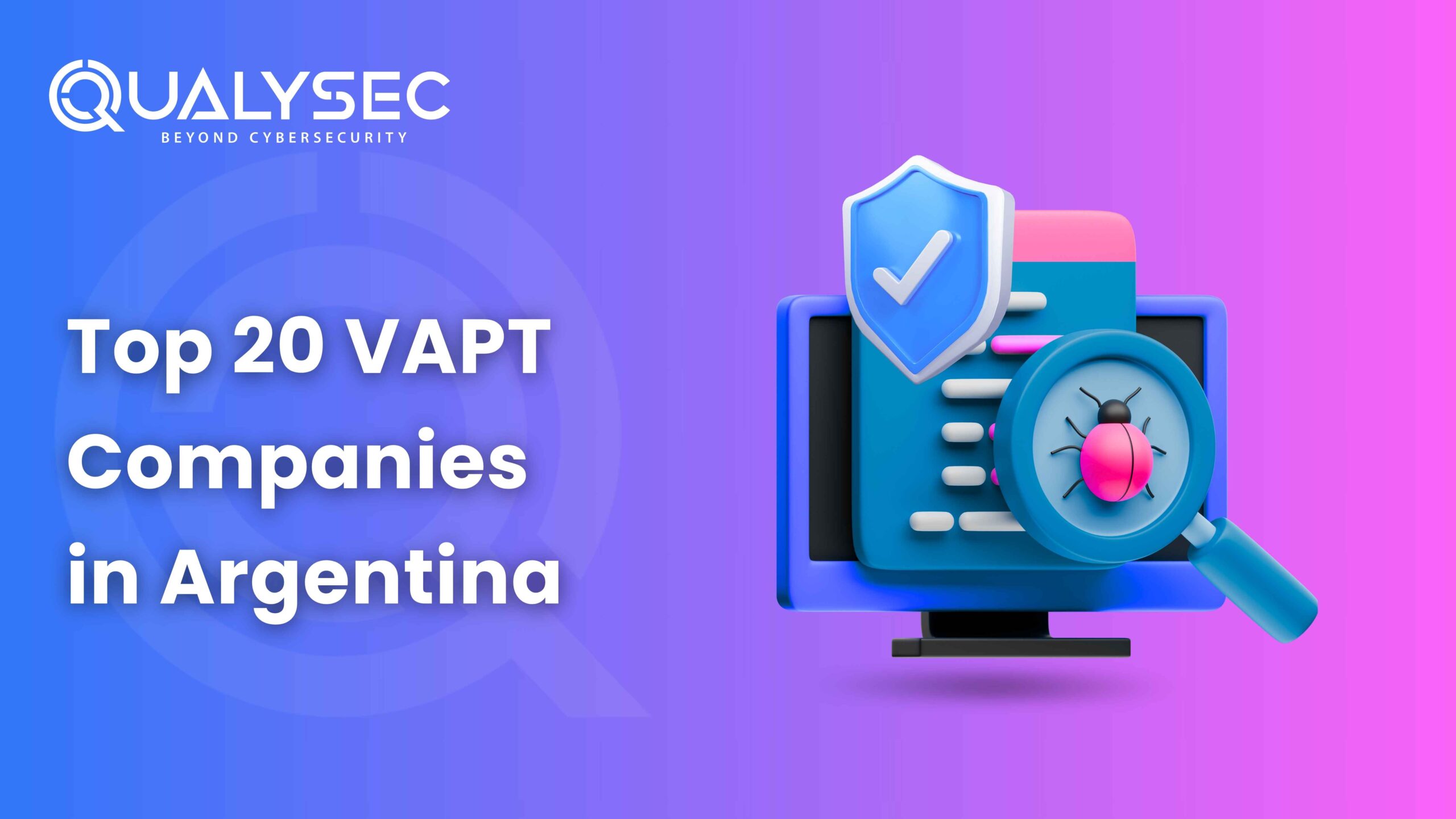
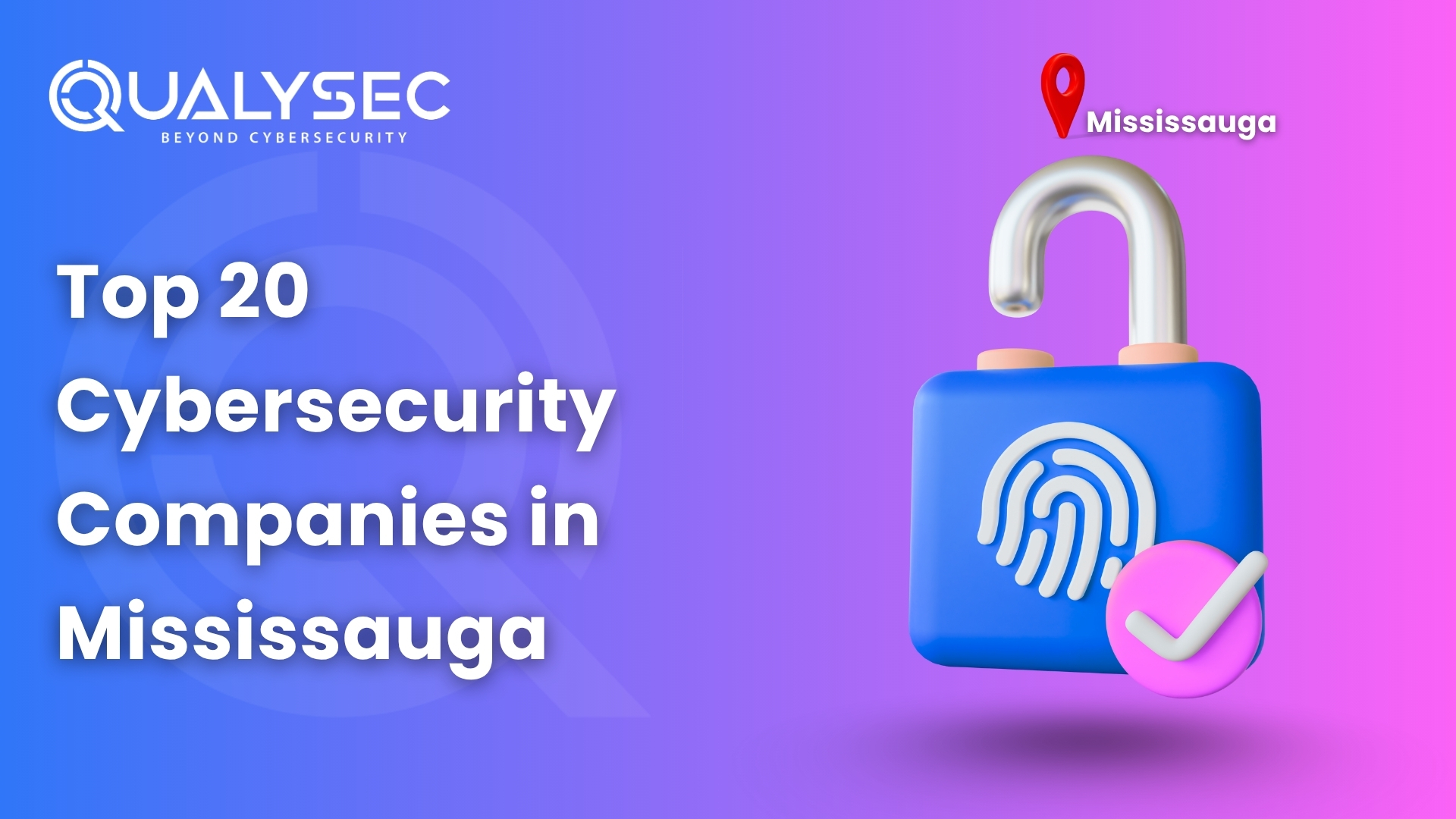




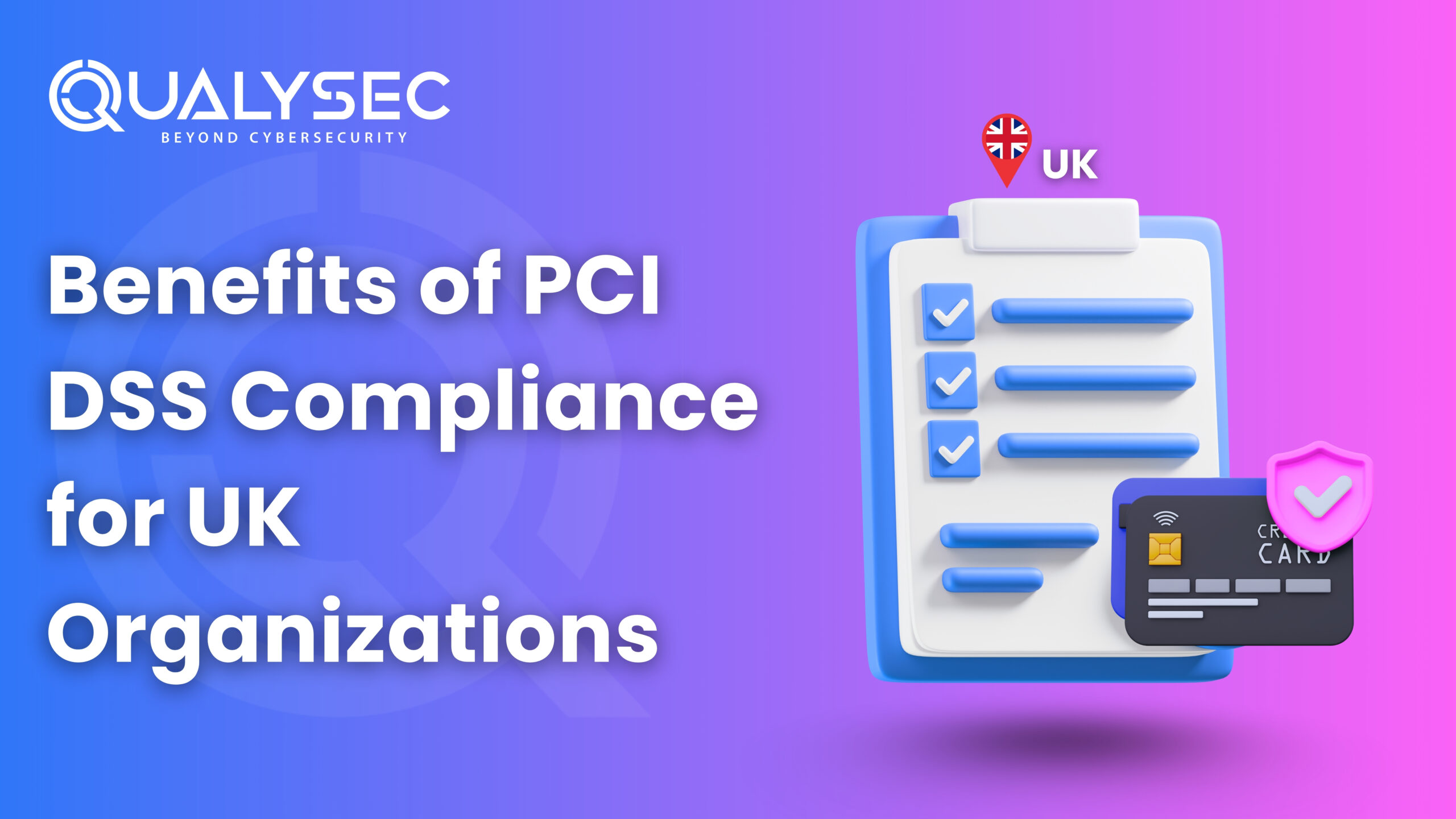






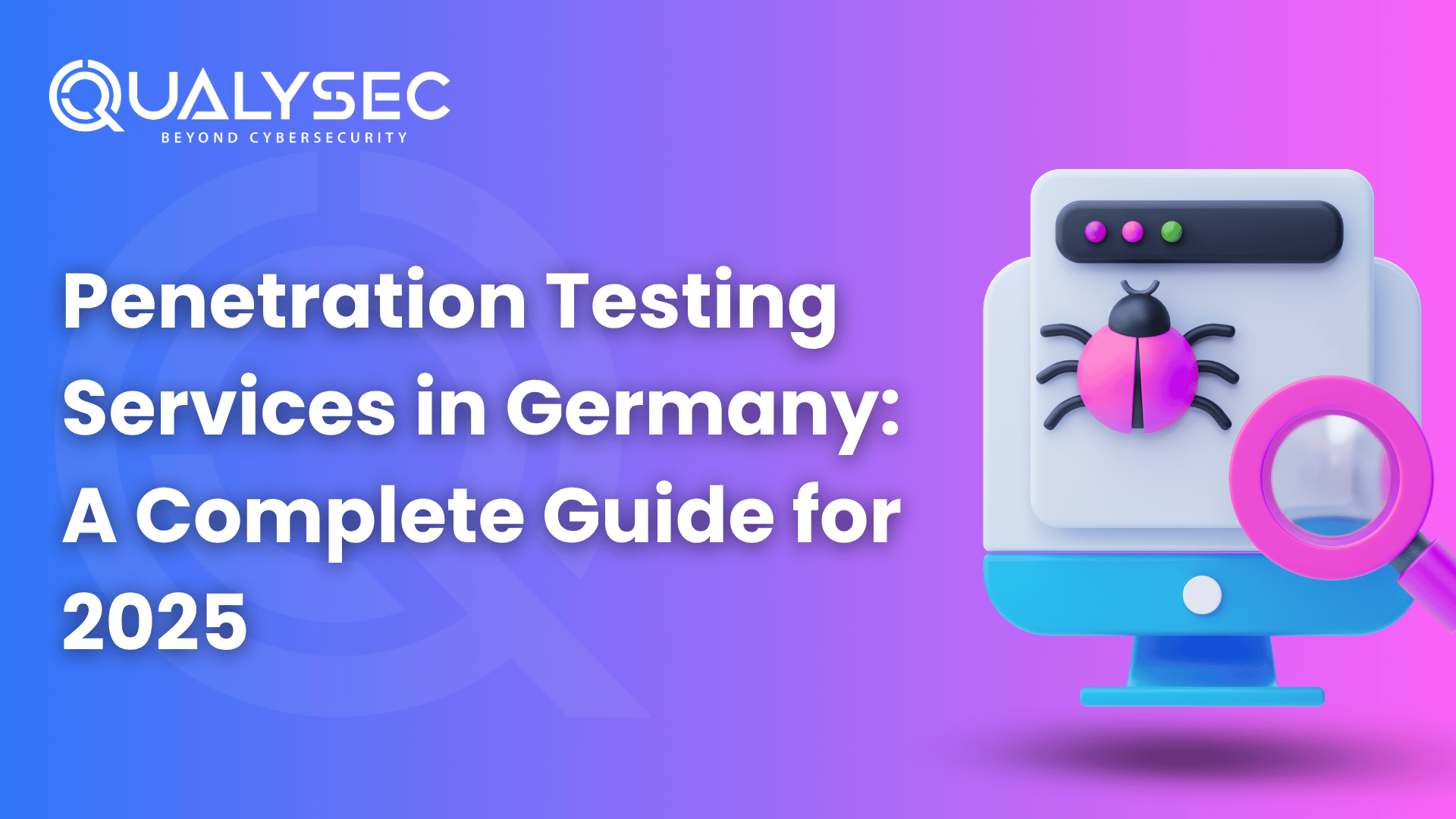




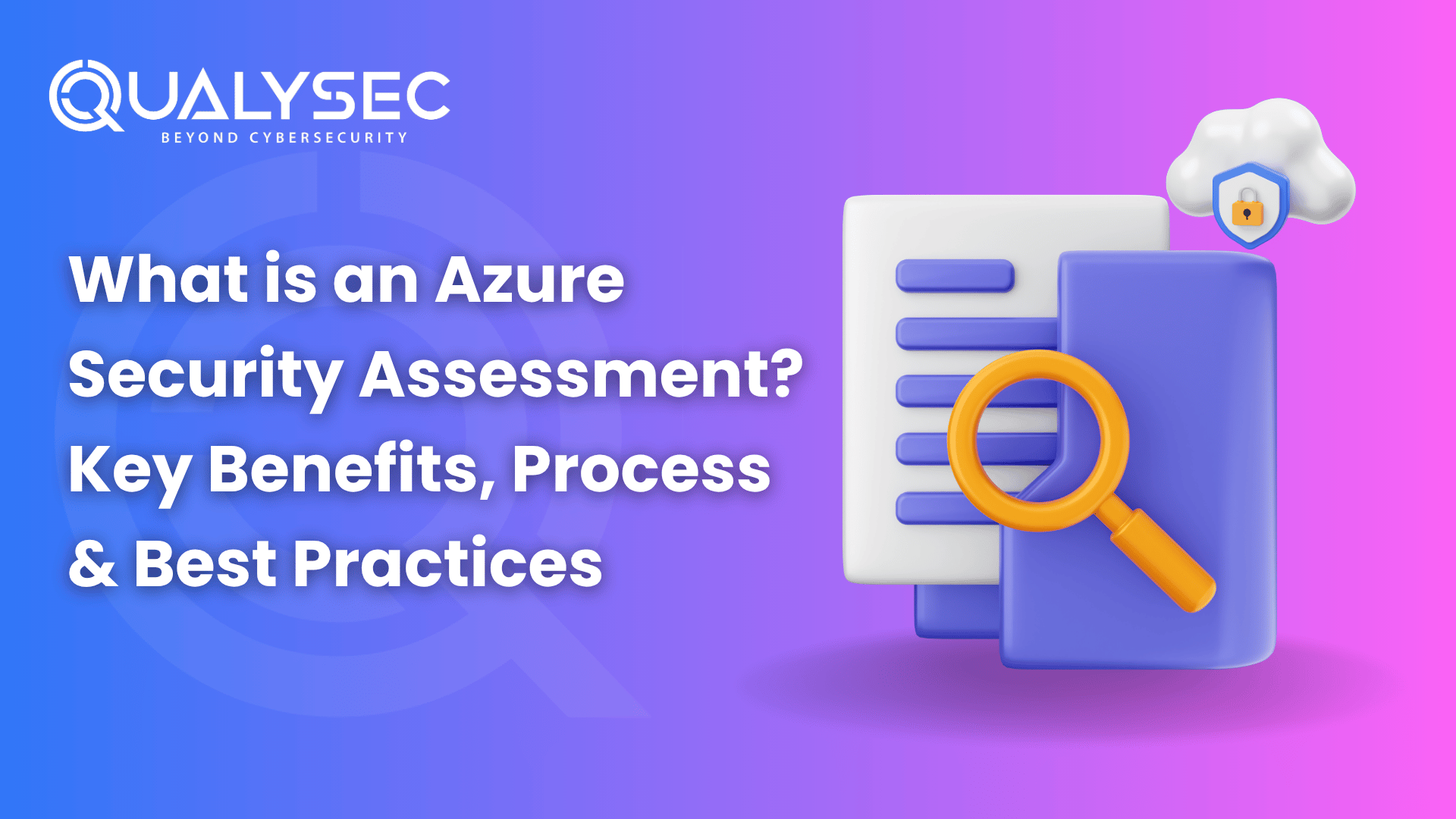


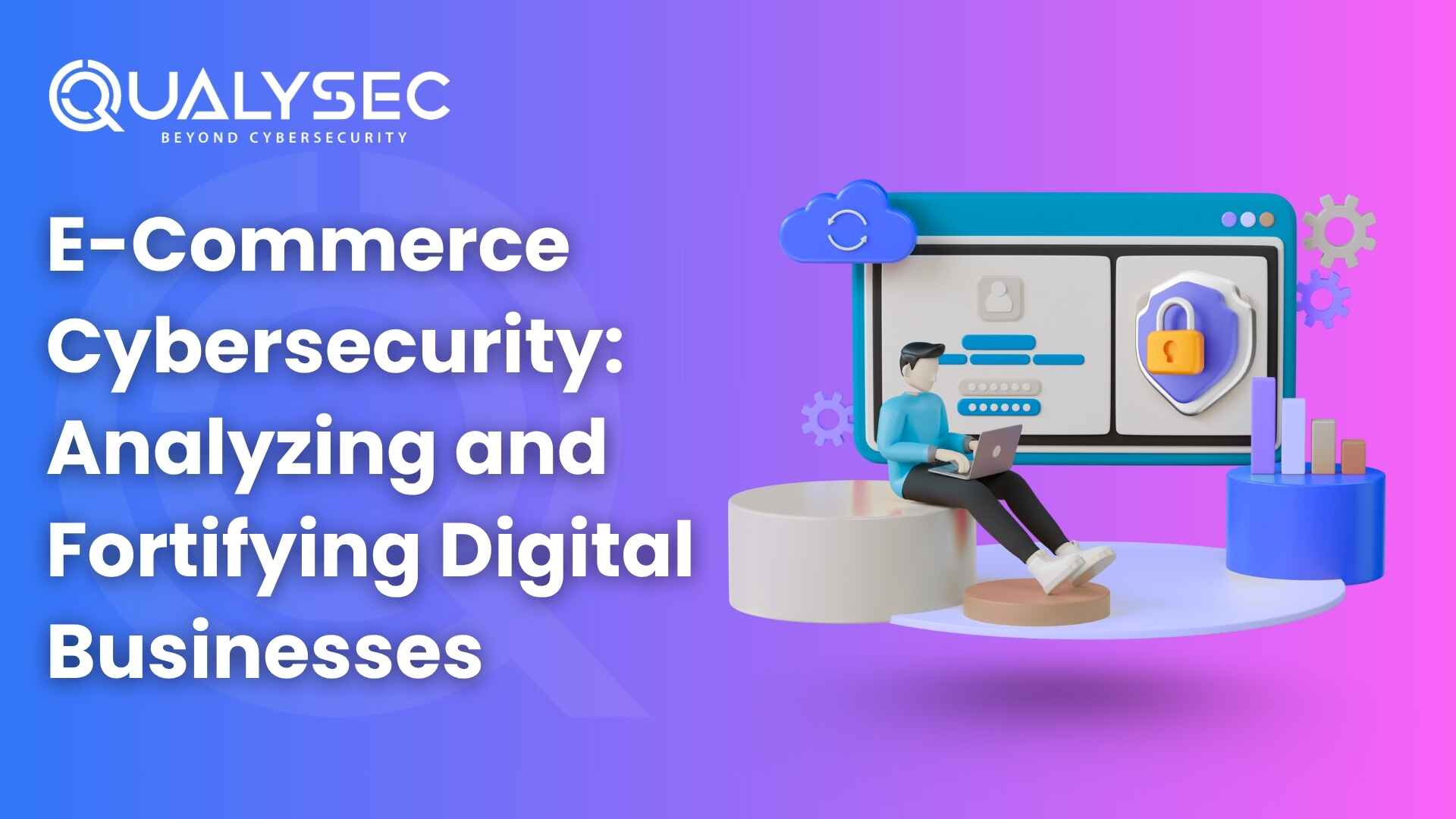
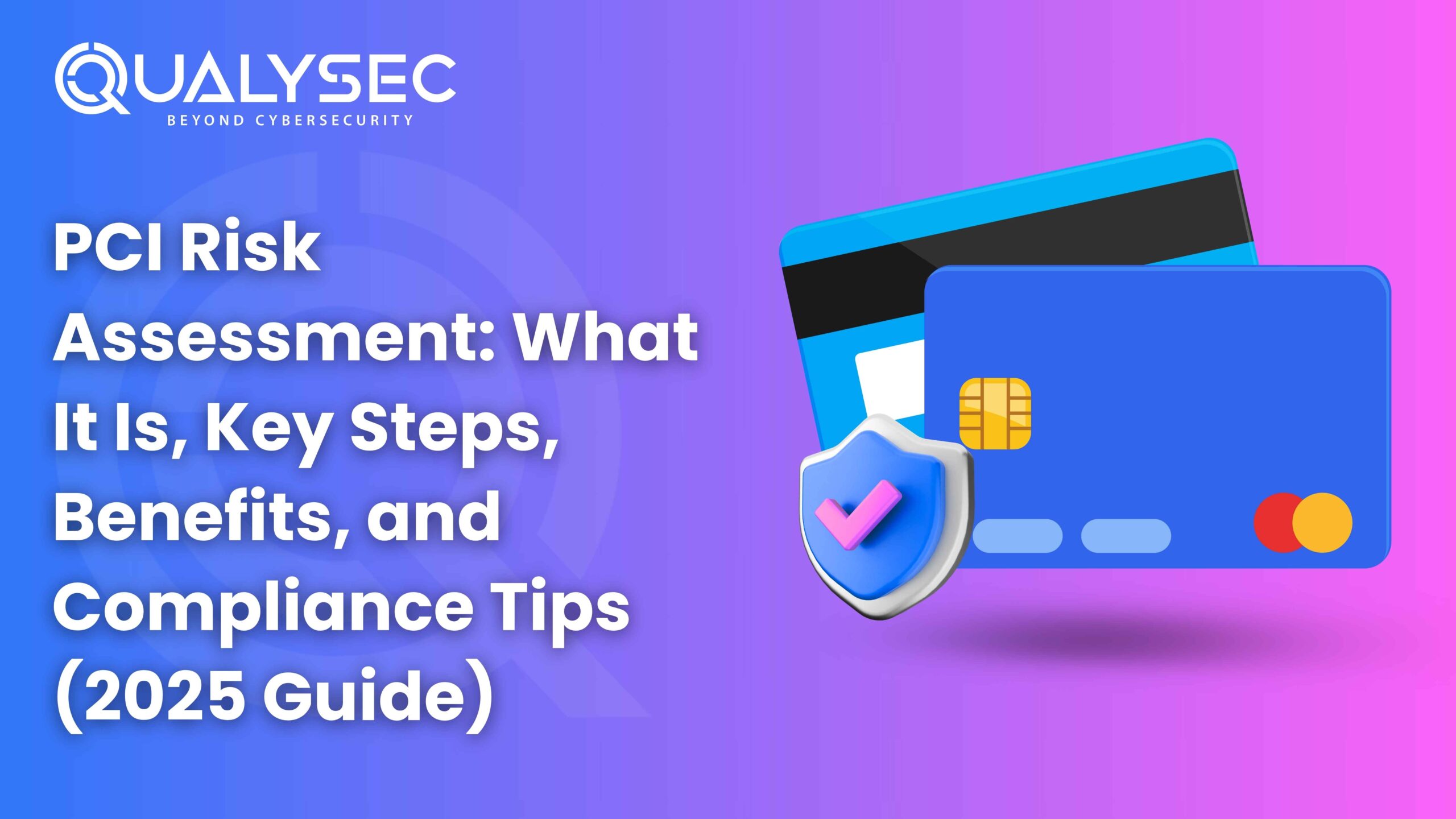






















































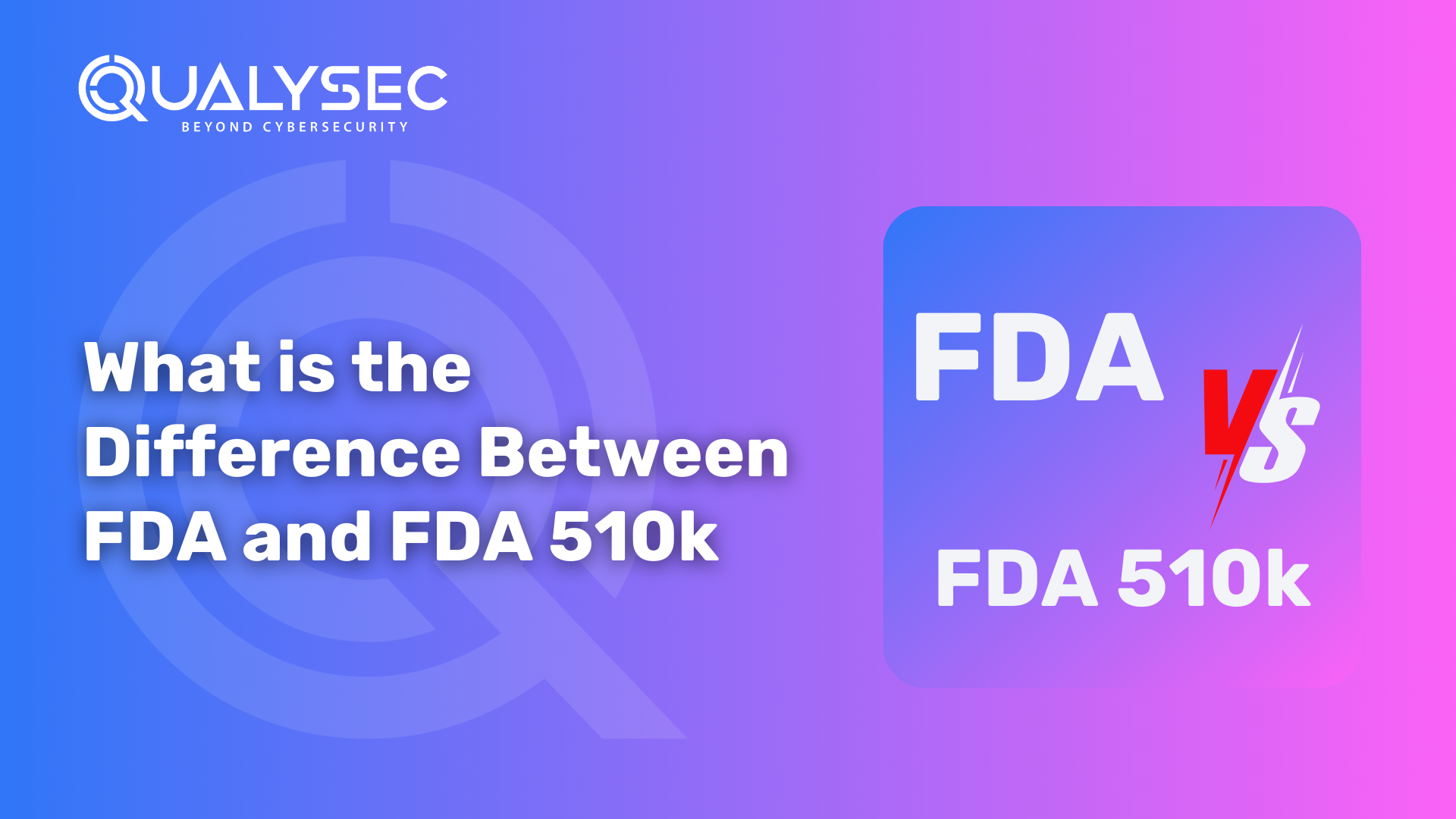










































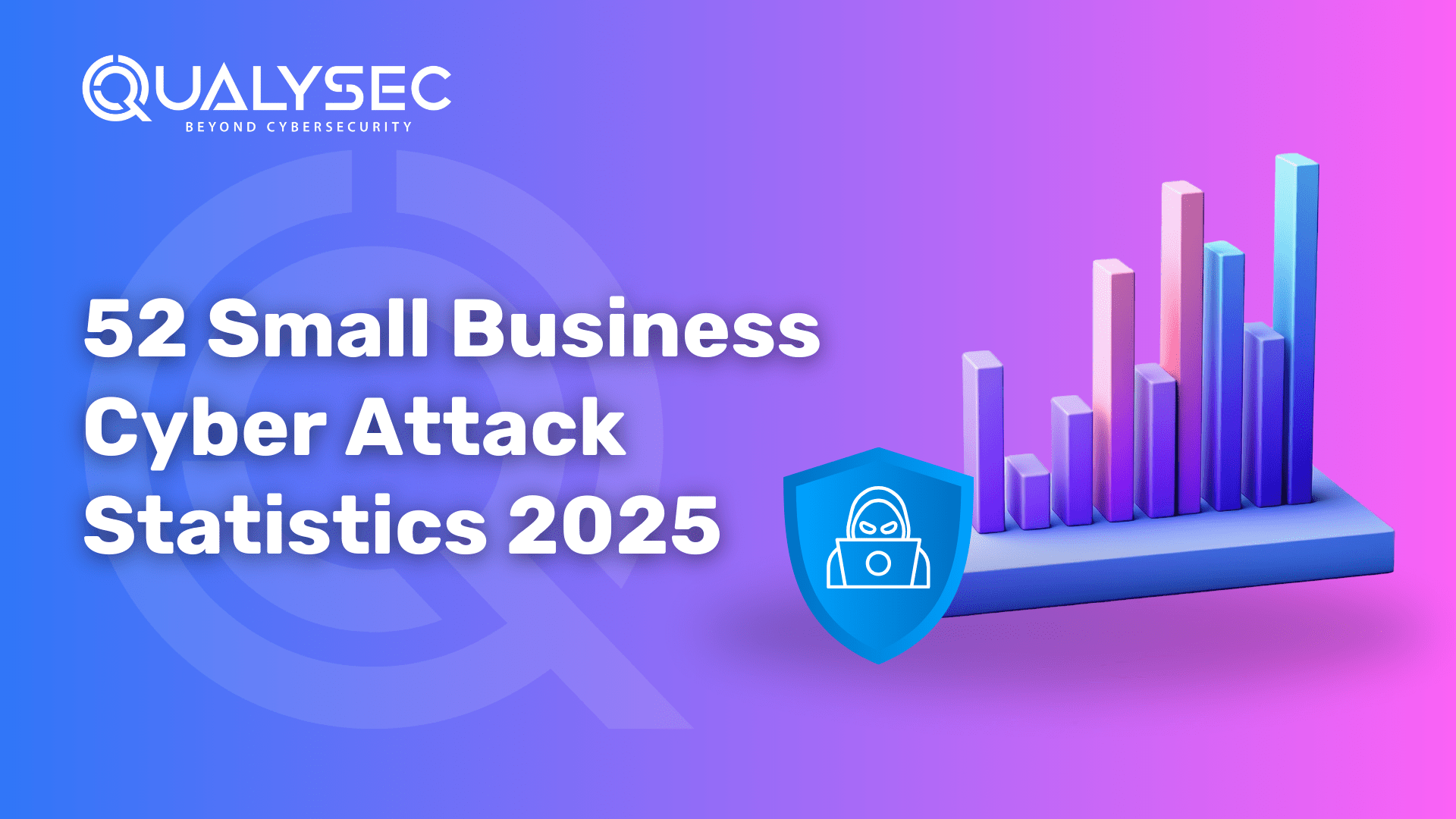


























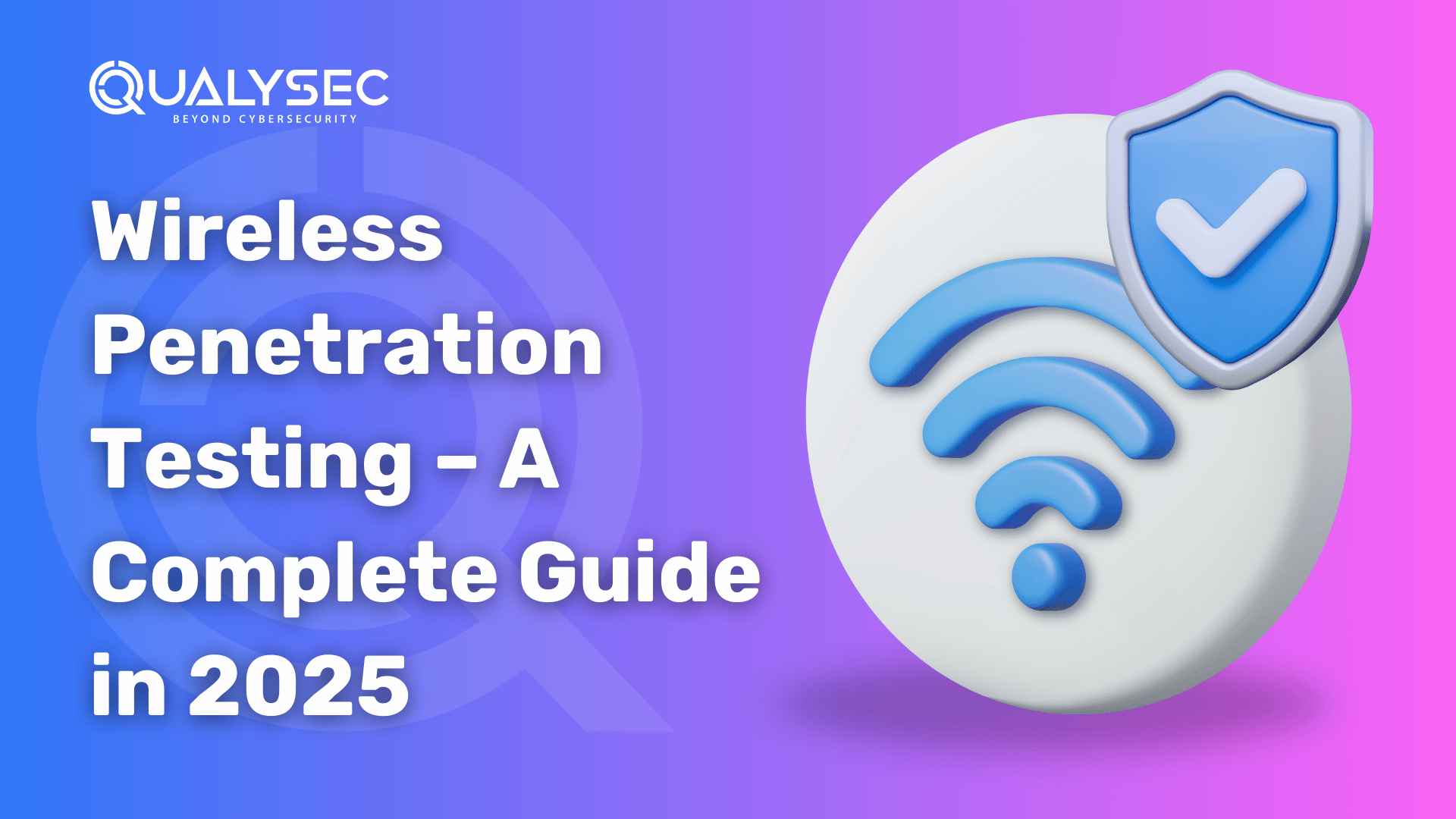
































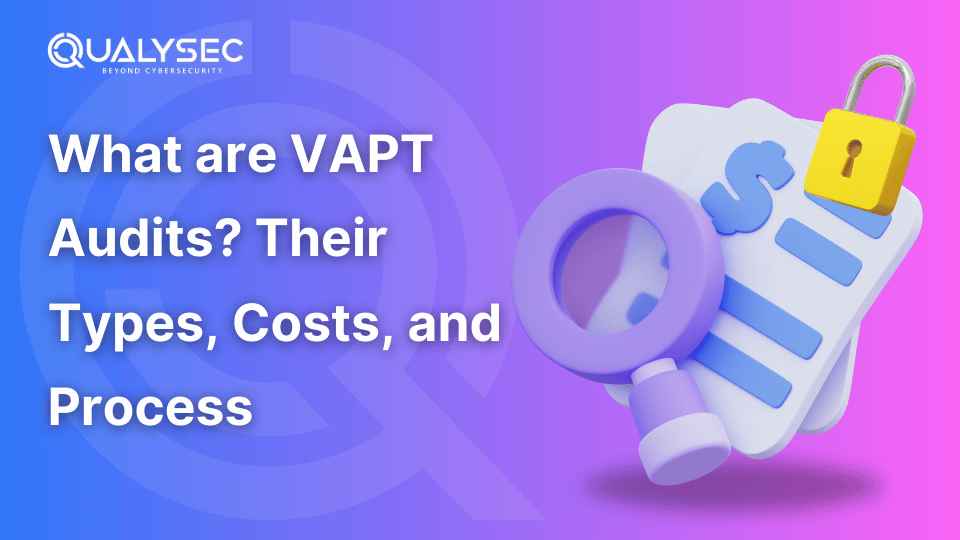








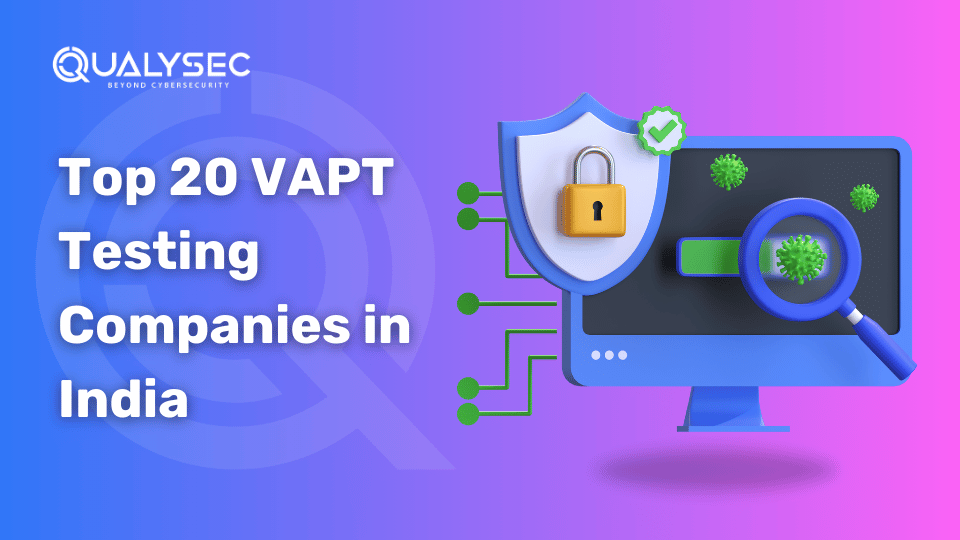


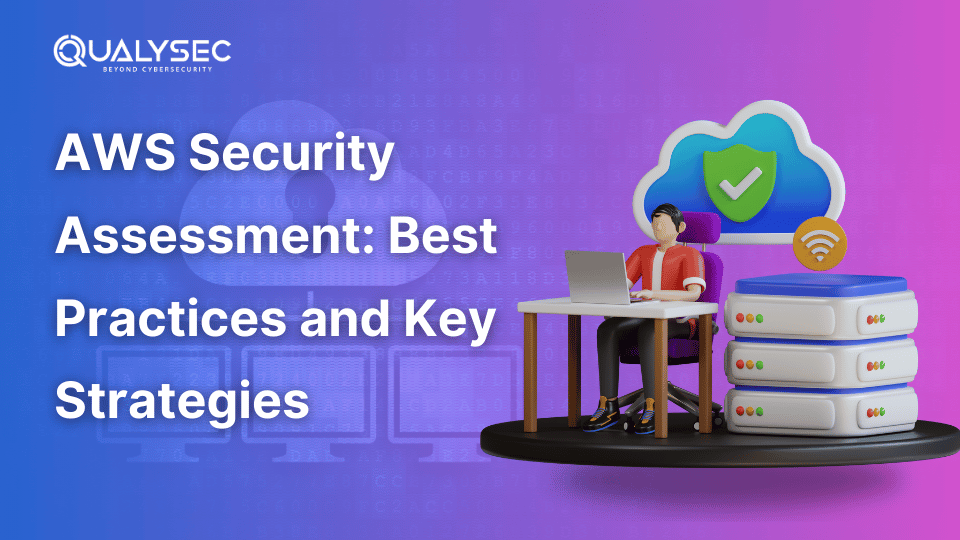




















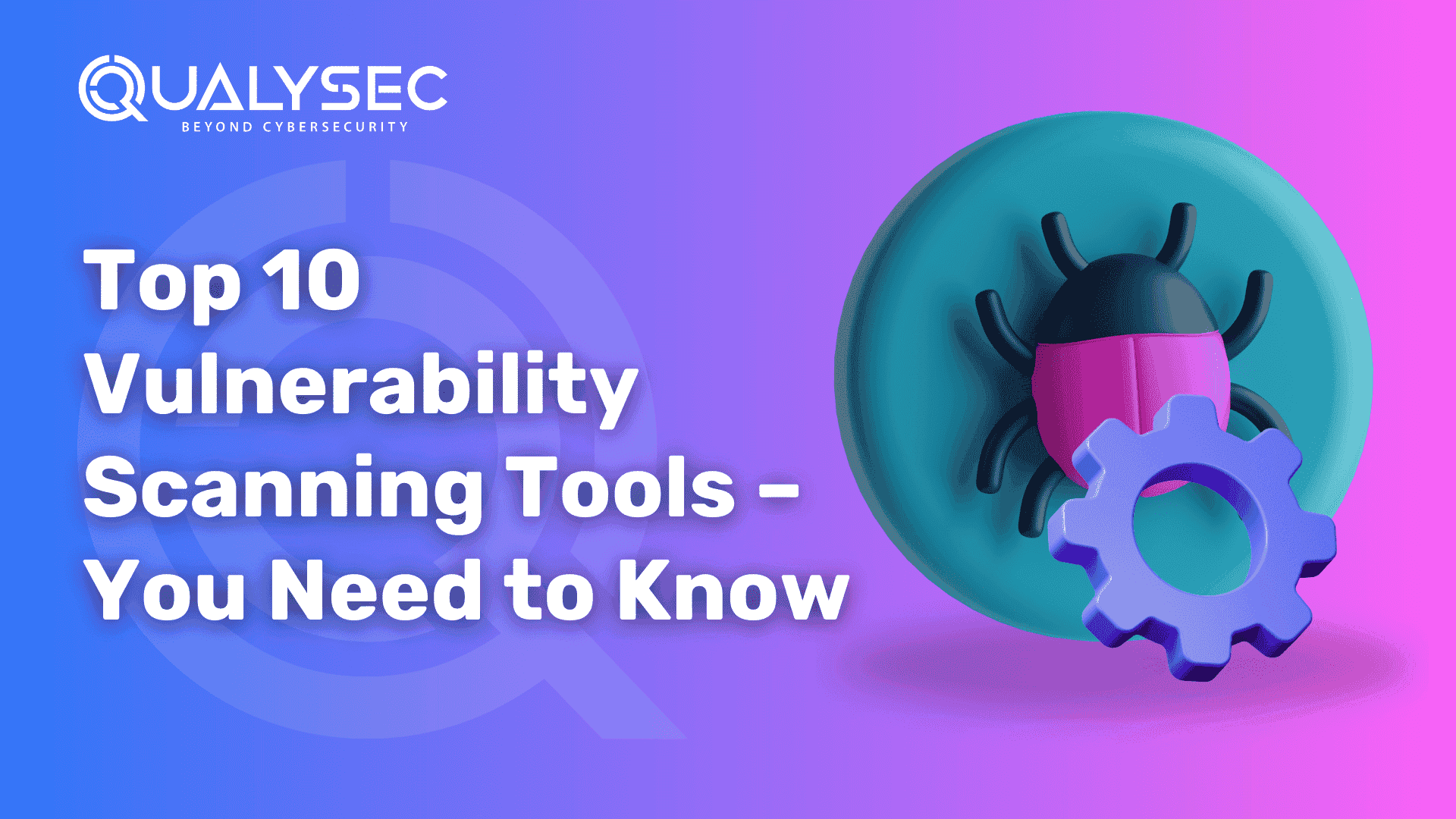



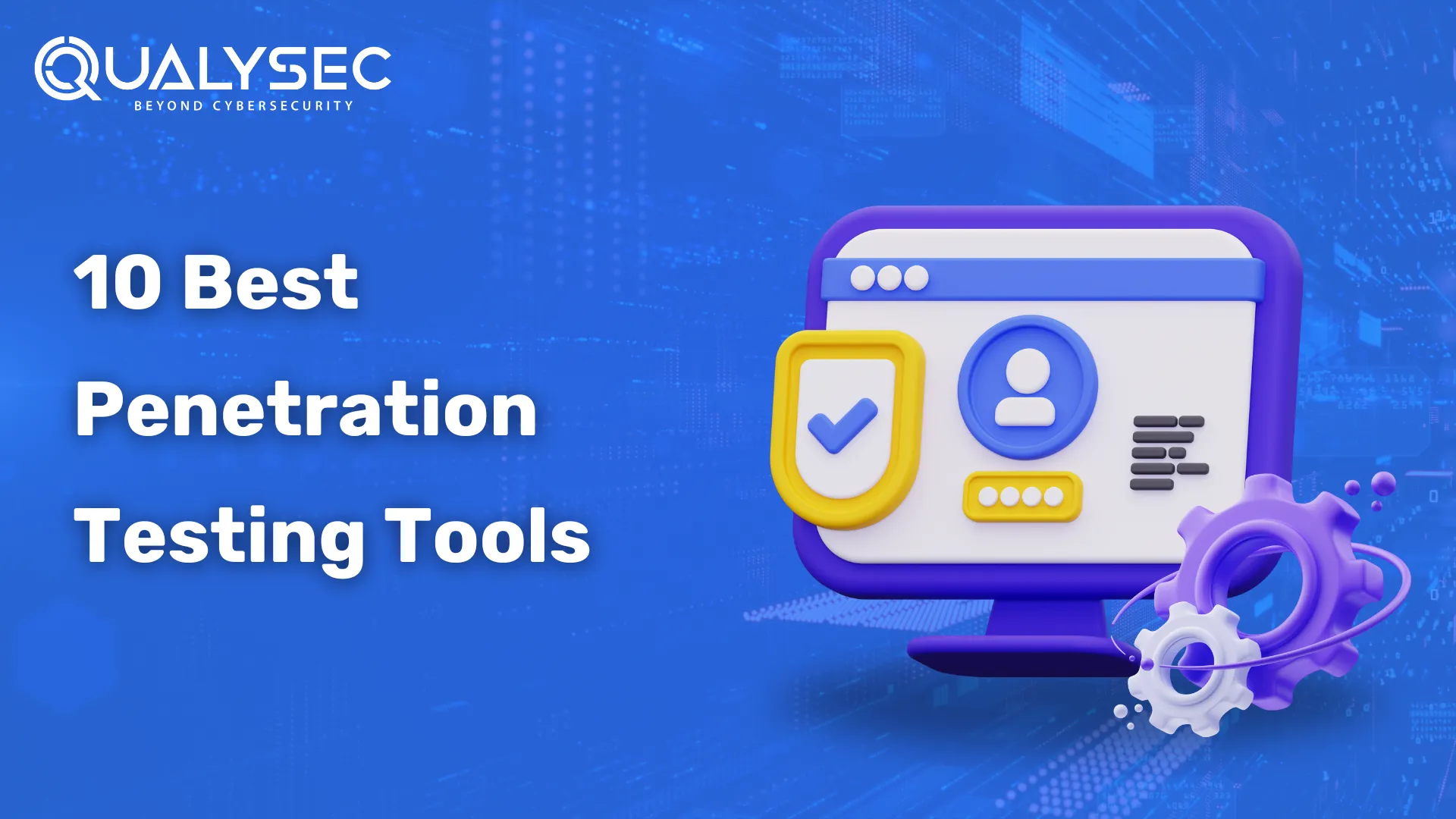









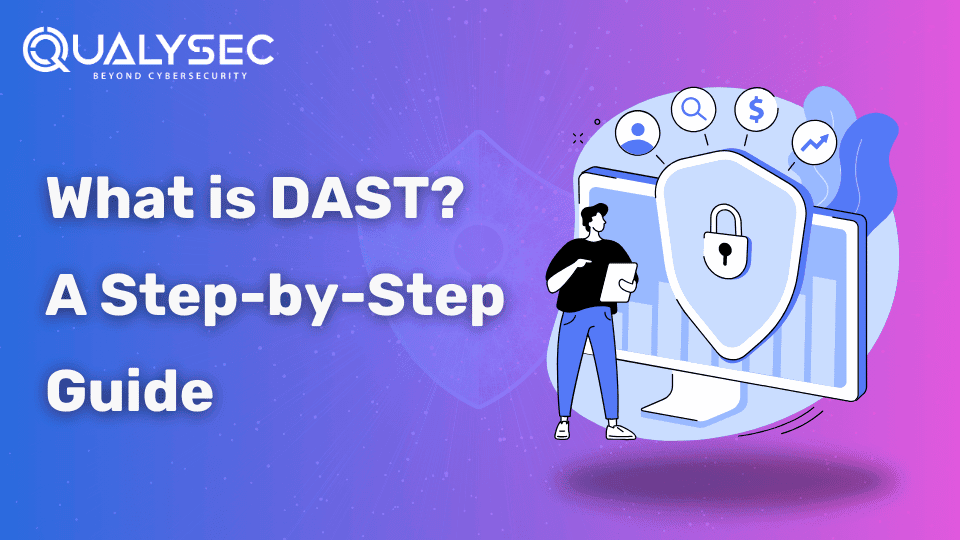


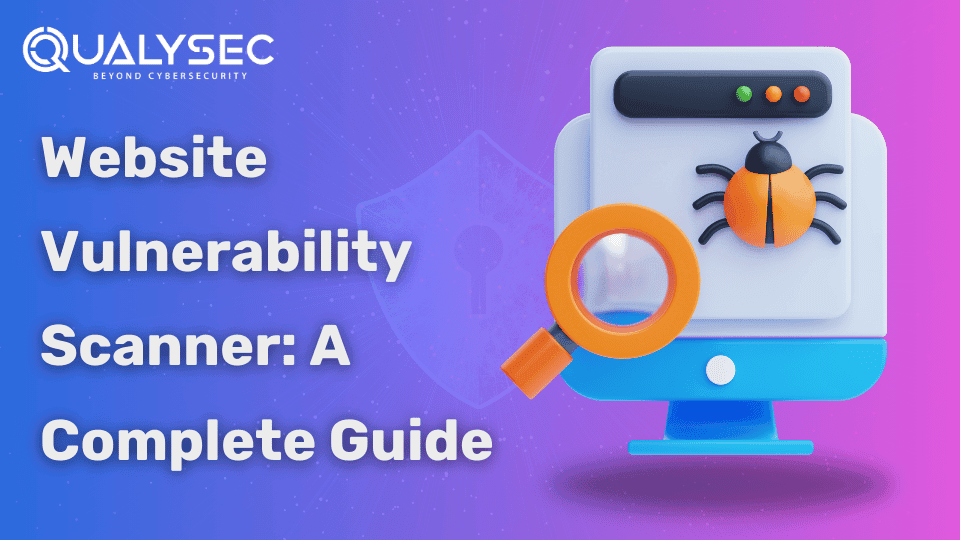

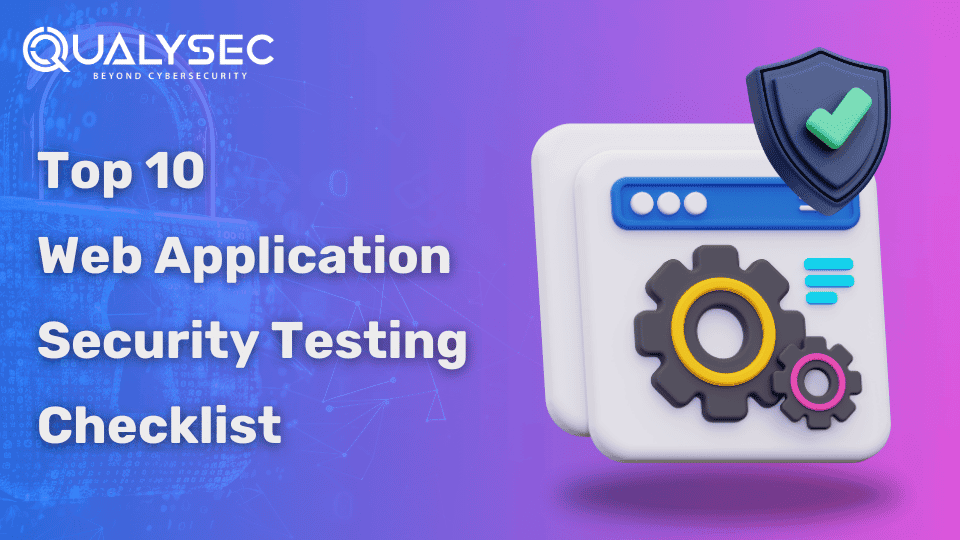














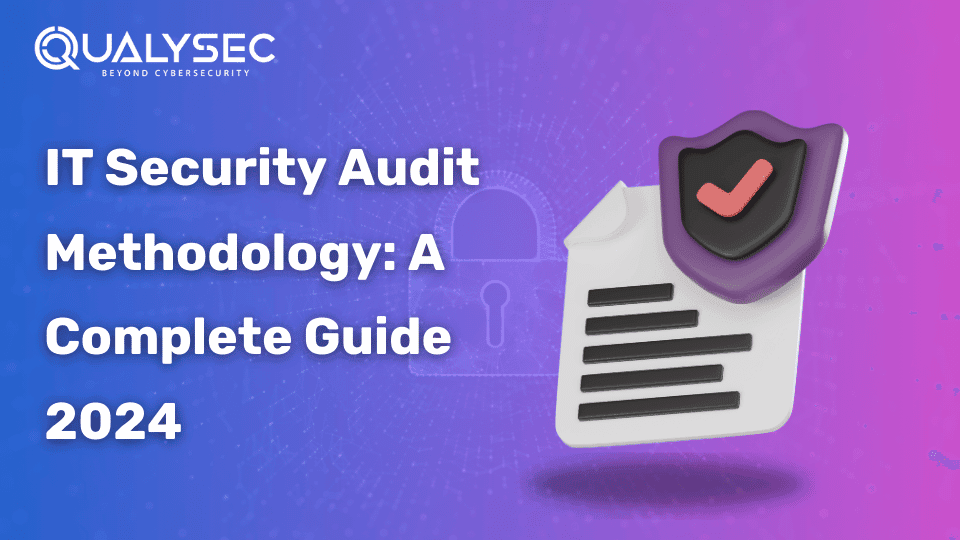

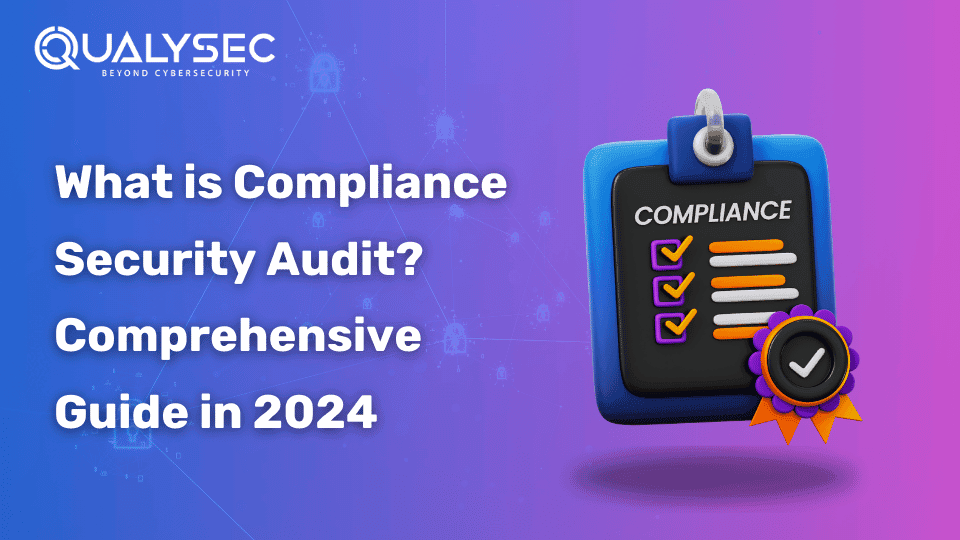


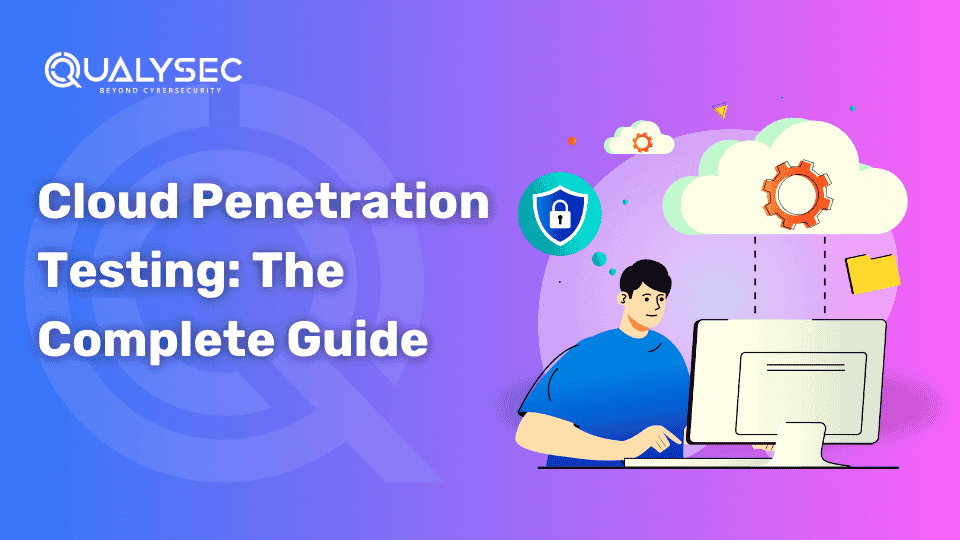





























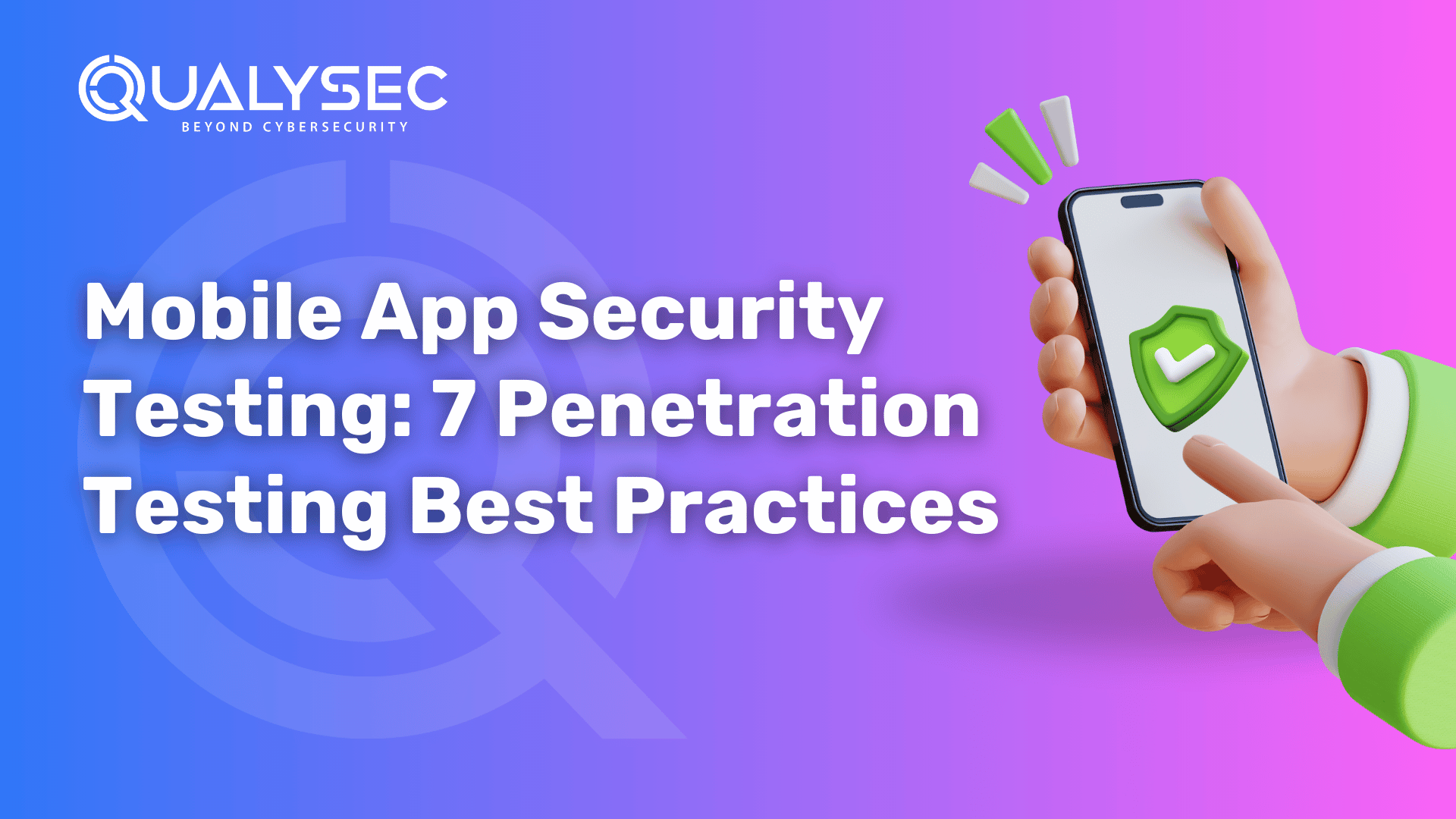














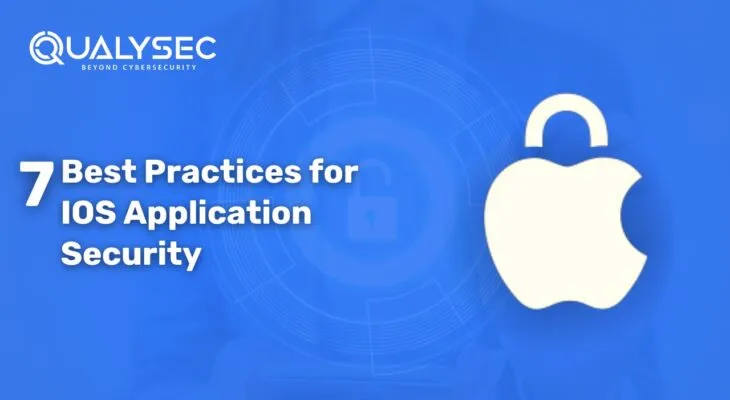


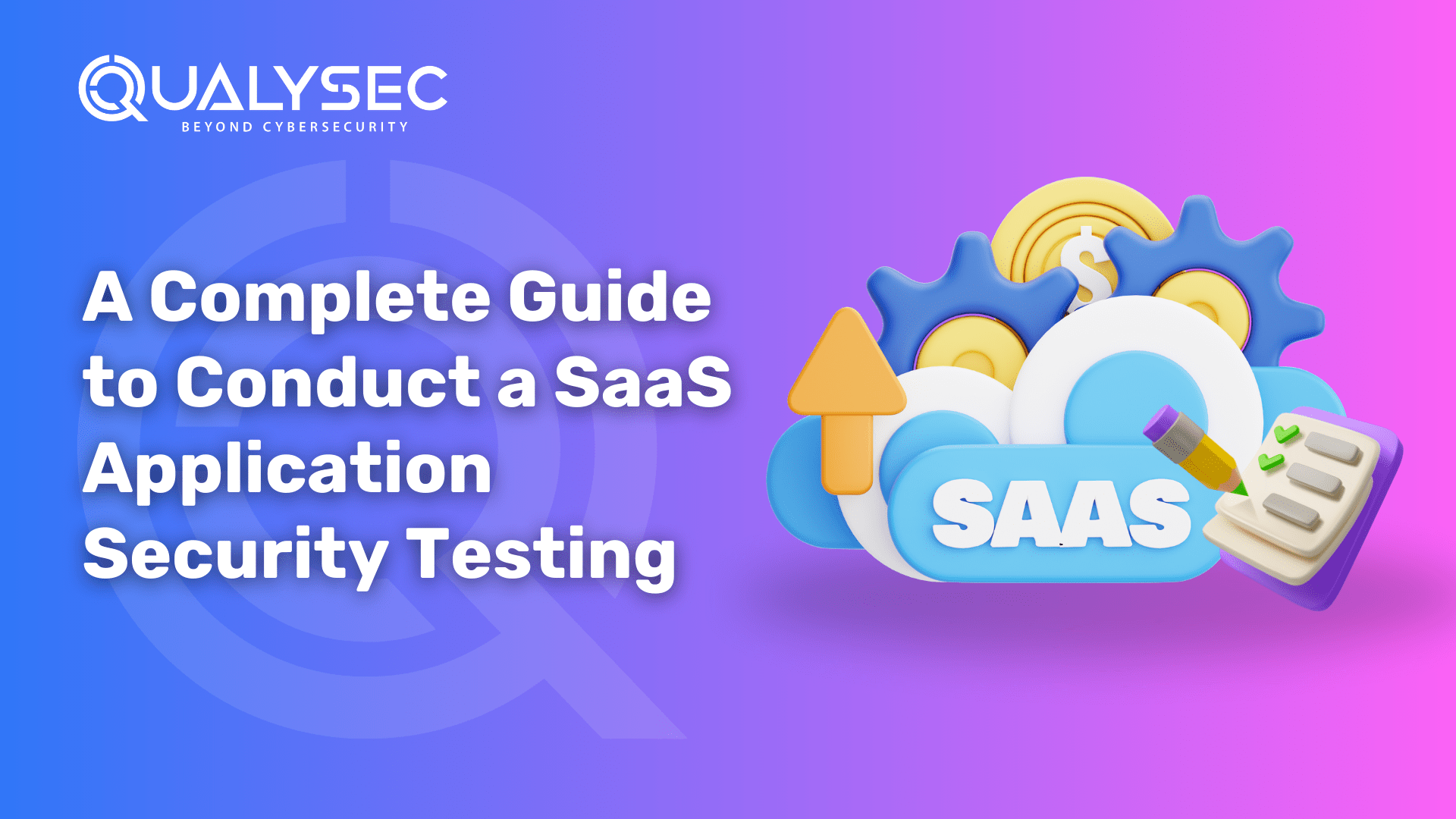





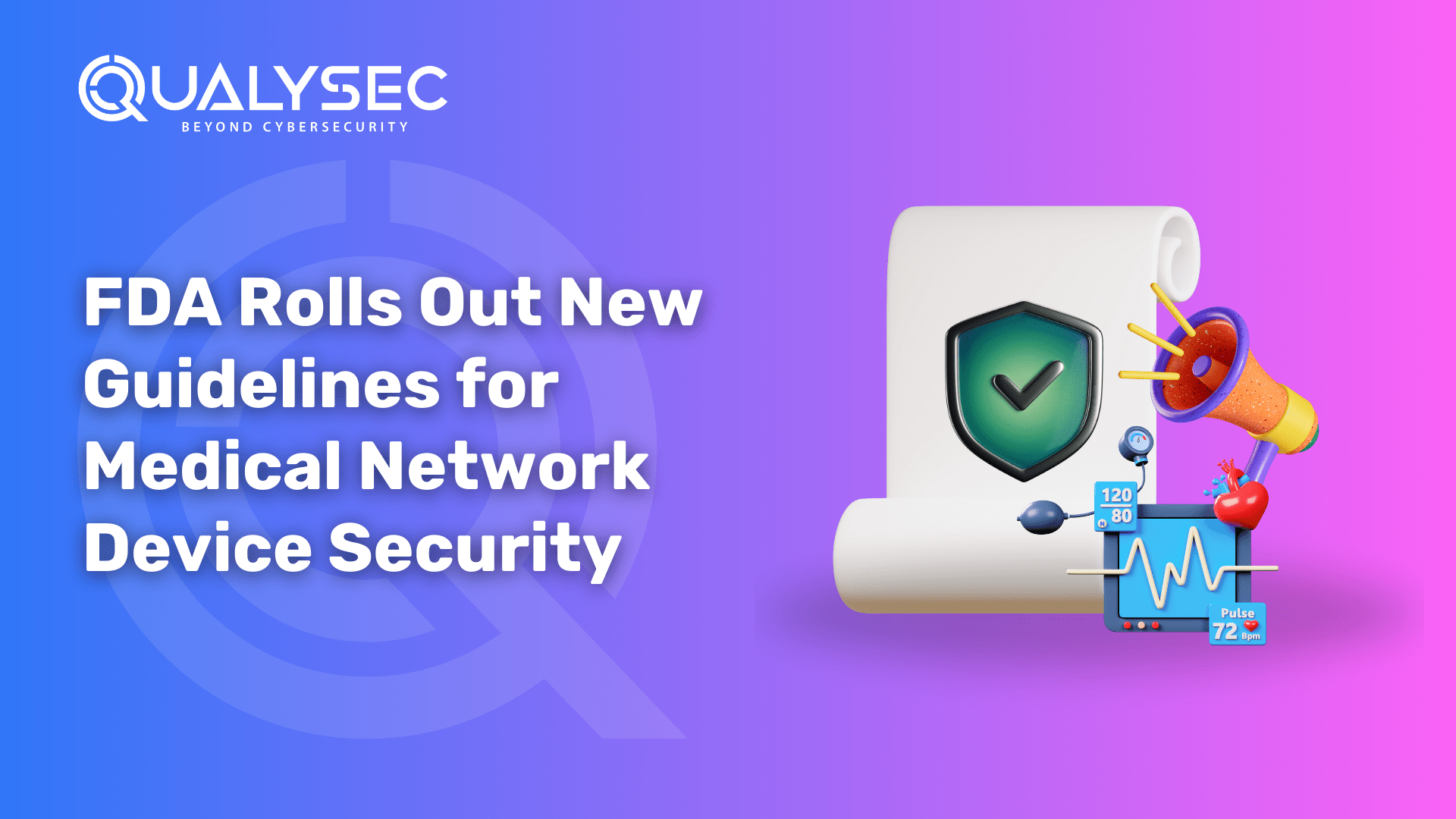
















































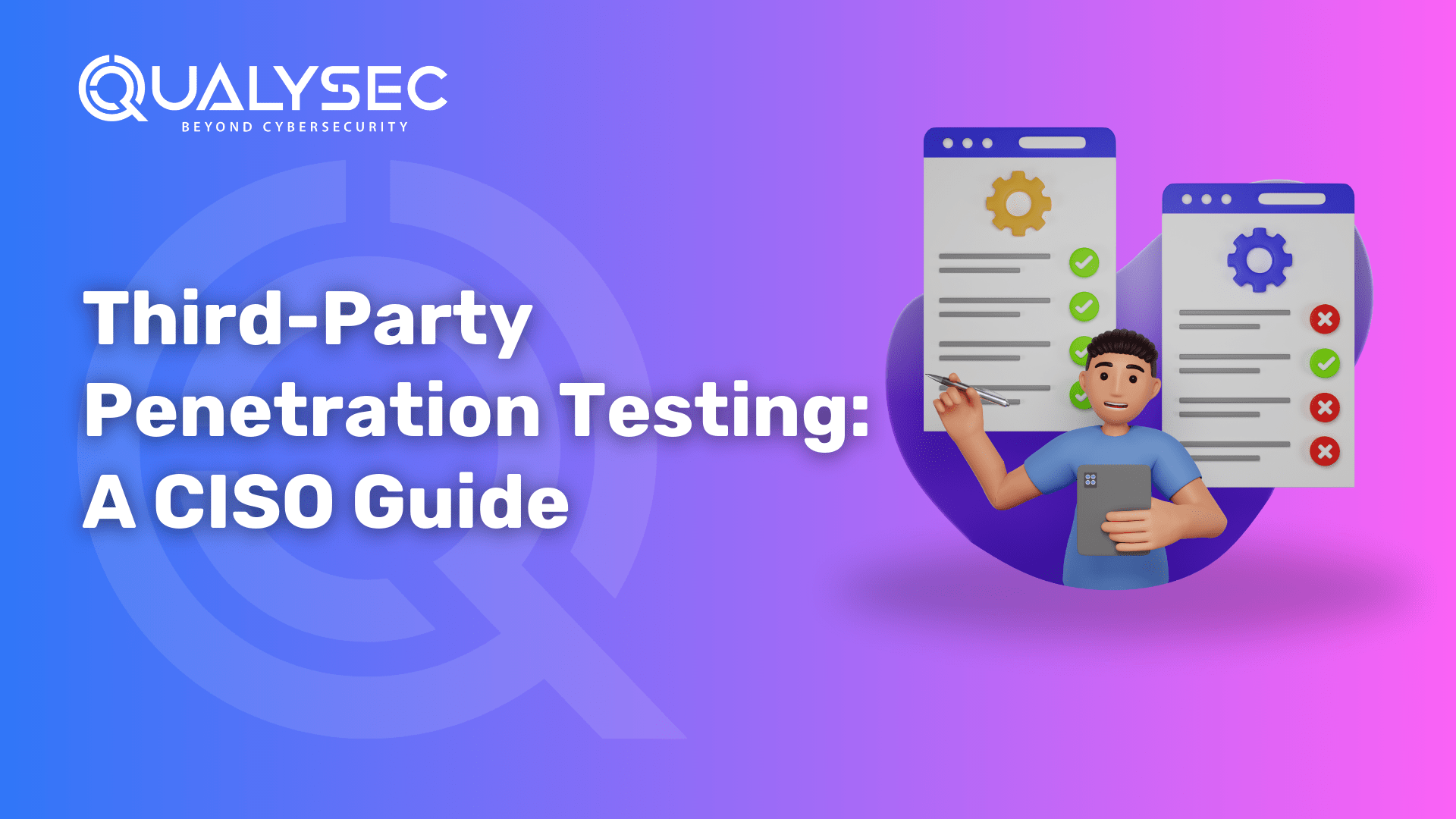




































































































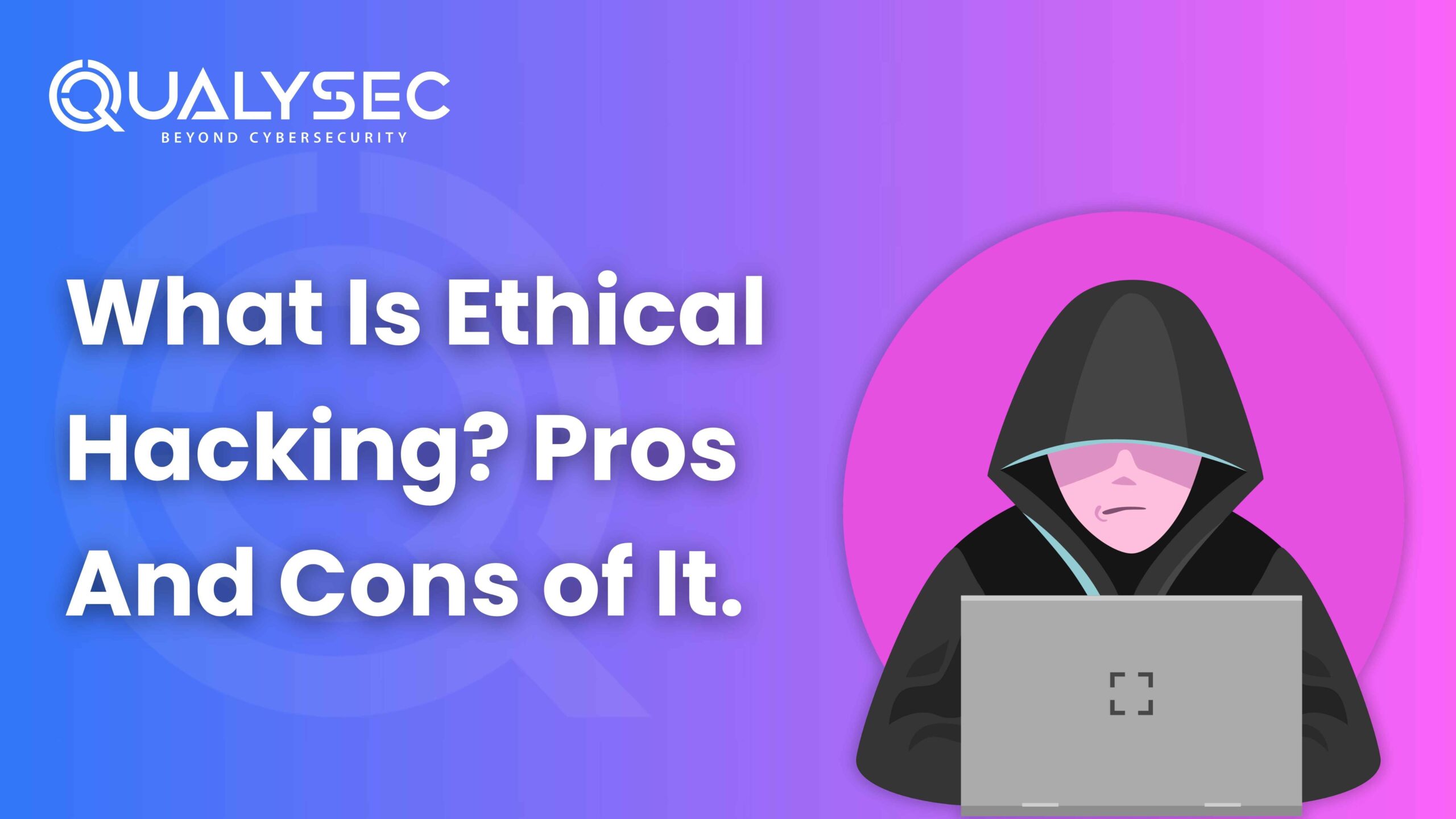







































0 Comments